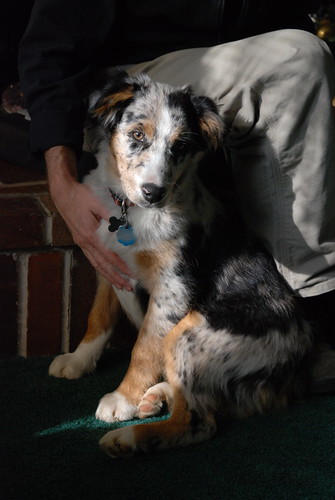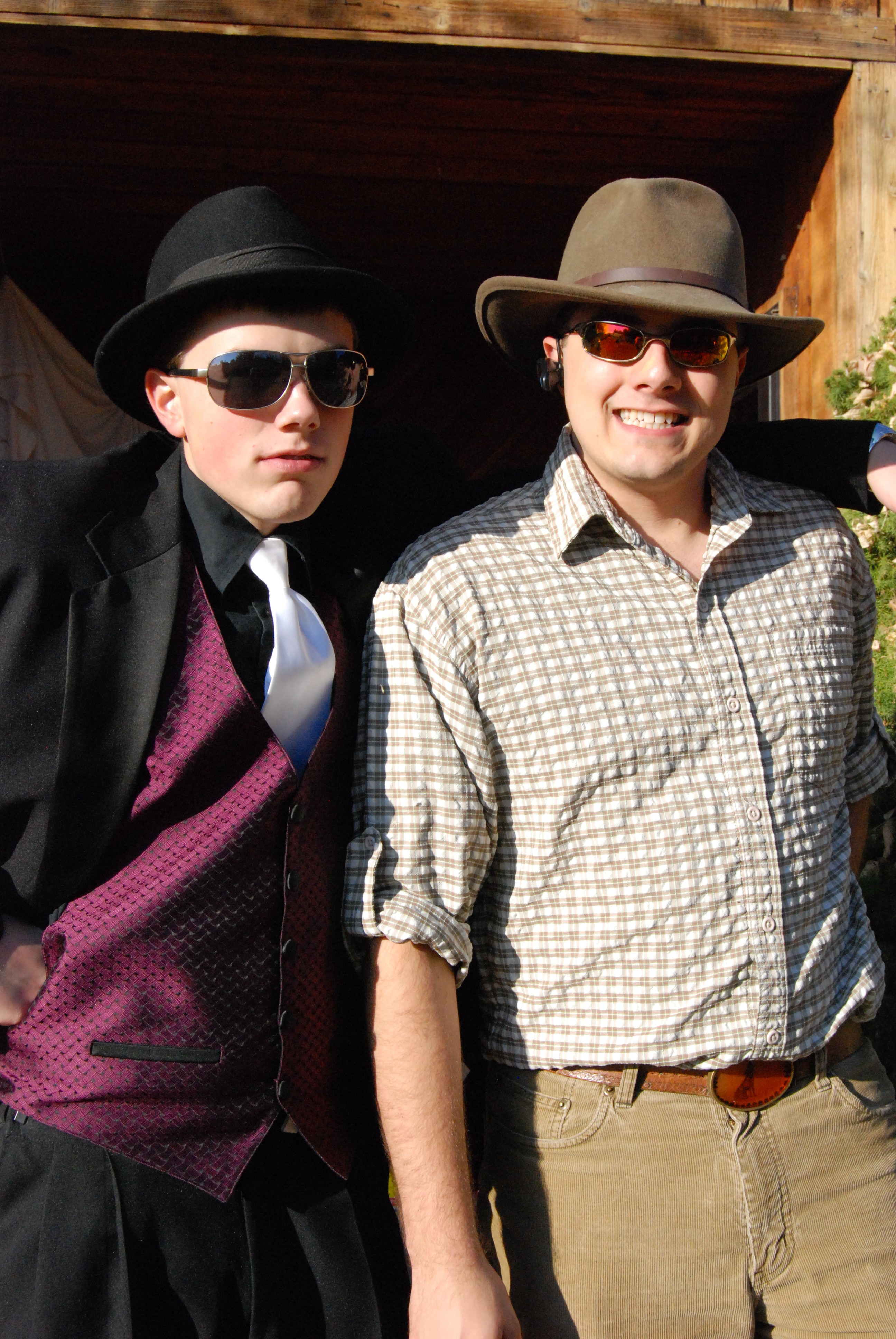In my on-going efforts to make an honest woman of myself, I’ve been trying to catch up on the few blogs I am allowed to follow. During breakfast, I had one left, one I nearly never read for so very many reasons – like, when a person gets 4,372 comments every time she writes and I don’t know her personally, it’s just stupid to take the time when there are people I know and love to read about. But maybe because I have no stake in this woman’s survival, she went well with eggs over-easy, and so I read through about a month of her stuff. In one of these she identified two women by noting that they had a “blog about baking” and a “blog about Catholicism.” And that made me wonder – I don’t think my blog is actually about anything. Again, I express a certain envy of the woman who has one emphatic horse to ride.
I am going to say this right at the beginning: you are going to think that this particular post is about dogs. But it ain’t so. About dogs as a metaphor, maybe. They make a useful metaphorical subject, especially as I am pretty well always swamped with them. Even at this moment—seated as I am on the couch, fresh off of preparing a SS lesson; a storm of dogs rages about my ankles and I am in peril, if not of being ravaged, at least of getting a little grumpy.
The thing is, raising little dogs into big companions is pretty much like raising kids was. And I see the common patterns in it all the time. Points of truth:
1. Nobody wants his own bone. You can stuff four identical bones with four identical bits of smashed cheese. You can put these down in four separate areas, so that there is plenty of territory between them. You can assign each pup a territory. But they will all end up fighting over the same bone while three full ones languish in the corner. And they will be noisy about it.
2. They explore with their mouths. People never get over this process, as is witnessed partially by the fact that perfectly grown up people actually still smoke, even at risk of rotting their lungs. Kids begin discovering shapes and textures by putting things in their mouths. What’s hard? What’s soft? This understanding blooms against the palate. Later, we chew number two pencils to pieces during university registration (that was me – one full pencil for each semester). Sometimes we’re actually looking for new tastes. But mostly we’re looking for comfort or some kind of relief. Puppies and children chew to relieve pain during teething. Sometimes because they’re bored. Adult humans do the same thing, even when they know better.
3. My puppies actually talk to me. But mostly only when they want something—like, out of their crates. Tucker actually said, “Mommmmm,” this morning. Not on purpose, I know. But it reminded me of nearly twenty five years of hearing nothing but that whenever ANYBODY wanted something.
4. Here is a story of Tucker. I give it to you as a gift, because he is the wisest small creature I have ever come across:
As we train the pups, we work on the usual things: Sit! Lie down! Kennel! Put that leg back down! And we try to work on “don’t-bark-at-the-air-on-the-other-side-of-the-fence” (especially at seven in the morning), “come” (here. now. Here. NOW!!), and “stay.” We use the words ”stay” and “wait,” almost interchangeably. Our technique: you take a tiny bit of dog treat (which can be anything, including plastic flower pots and knitted horses, evidently), then you call the puppies to you and tell them to sit. (And okay, I admit it – this little part is pretty much about dogs.)
After you have reminded them several times about what “sit” means, you give them the signal to lie down. Toby does this by immediately leaping all-four-footed into the air and dropping flat on the carpet, nose up, his eyes fixed adoringly on your eyes—practically vibrating, he’s so ready to launch himself in any direction on your command.
Tucker’s approach is a little different: he wanders vaguely around, glancing up at you—thinking he might have heard you say something. You need to collect him and put gentle pressure on all the appropriate parts of his body. When he’s finally “down,” he seems happy enough to be there, if a tiny bit apprehensive.
At this point, when you say “stay,” firmly, supporting it with the hand signal, Toby will freeze.
THIS IS WHERE THE METAPHOR KICKS IN:
Tucker knows what’s coming next. He knows you’re going to take a treat and put it on the floor a couple of feet from his nose. And that he’s not supposed to pounce on the treat and gobble it to heck right then and there. He knows that he’s going to have to curb every instinct, every healthy young dog impulse, and leave that lovely, stinking piece of unidentified, meat-like goodness alone.
Brother Toby trusts himself. The little black dog holds utterly still, not even breathing – nose and eyes fixed on that treat. You can leave it two inches from his nose, and most of the time he will wait for the “okay.”
But big Tucker knows himself too well. He knows what temptation is, and he’s already figured the odds. So, just to insure himself against total system failure, he breaks the “down,” and does the only thing he can to respect the “stay”: he runs to the other side of the room, sits neatly down and turns his face away so that he absolutely can’t see that danged treat. At that point he, too, freezes in place.
You have to wait after that—asking for tough obedience. Maybe thirty seconds. You can actually do longer, if you can hold in the laughter. When you finally say “Okay,” both dogs leap up to lunge at the treats. By the time Tucker gets all the way back across the room though, Toby’s pretty much cleaned up both. And I guess that’s part of the moral, too – even when you choose the right, doesn’t mean you’ll get it.
We’ve done this exercise dozens of times, and it’s always the same. Well, not exactly the same. Today Tucker tried rolling onto his back and looking the other way, maybe thinking he’d have a better chance to get to his treat before Toby could eat it (a sad miscalculation). The point is this: Tucker knows what he’s supposed to do. And he knows what he’s not supposed to do. But he harbors no illusions about his moral strength: he’s going to stay as far from temptation as he can get.
Not bad for only nineteen weeks on the planet.
And don’t tell me dogs don’t have souls.
And don’t tell me he isn’t wiser than most of the people you know –




9 Responses to Better Part of Valor